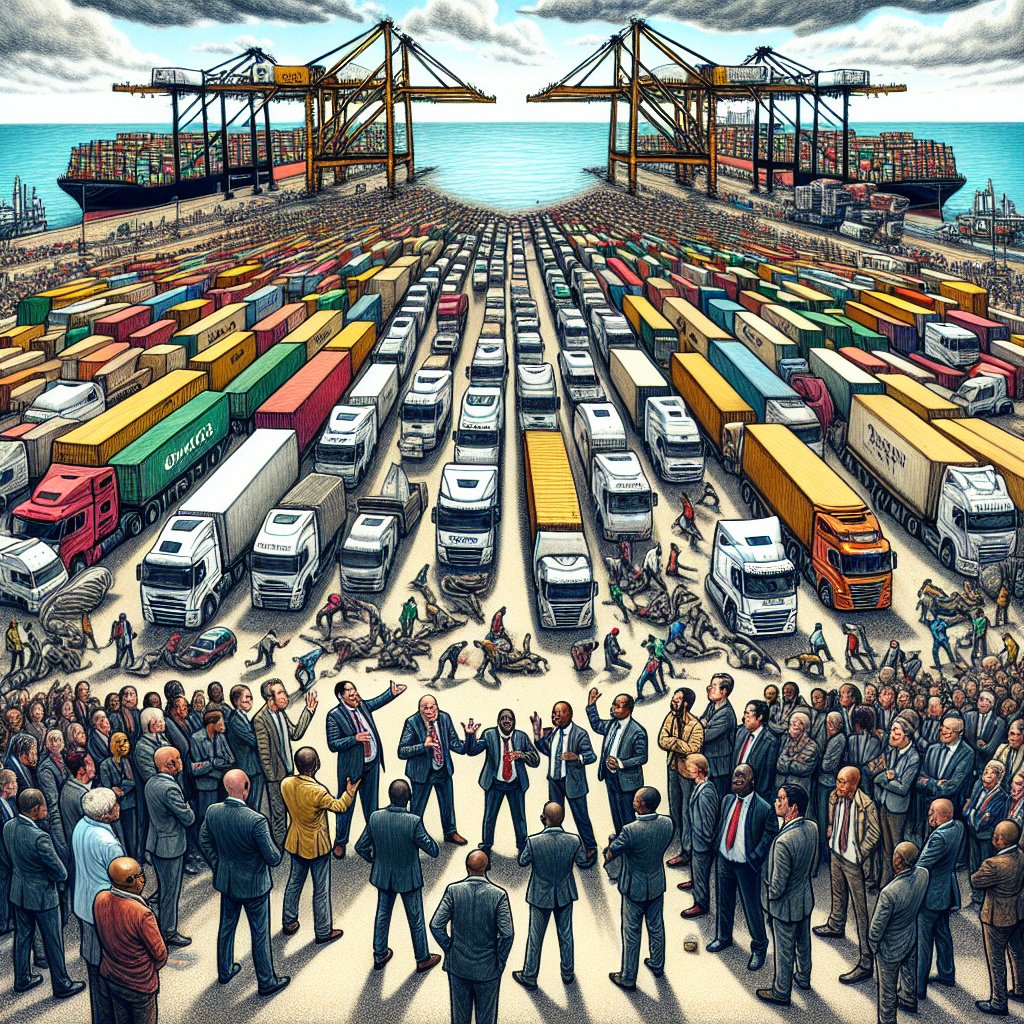Image: AI generated for illustration purposes
Richards Bay Terminal Crisis: A Threat to South Africa's Economy
The looming threat of suspended truck offloading at Transnet Port Terminals (TPT) in Richards Bay is escalating into a critical situation, with potential drastic repercussions on South Africa's already strained economy. This move by TPT, announced to improve public safety due to the resulting congestion on surrounding roads, has roused serious concern among various industry stakeholders, shipping lines, and local municipalities.
According to TPT, a division of Transnet, only trucks linked to nominated vessels will be processed as a temporary measure. However, this selective approach does little to alleviate the extensive queues of trucks waiting patiently outside the bulk storage depot — a scenario that has become all too familiar in the port cities of Durban and Richards Bay.
An urgent meeting with customers and stakeholders is set to take place to discuss alternative traffic management solutions that could resolve the chaos on the N2 highway and within Richards Bay almost immediately. This measure comes in response to the intense traffic bottlenecks that have plagued the port and disrupted traffic flow, causing significant safety concerns for road users in the area.
Shipping lines have also been negatively impacted, with vessels forced to join lengthy queues as they await the transfer of cargo from trucks. This not only disrupts shipping schedules but often incurs substantial penalties for the lines due to delay-induced costs. The response from the SA Maritime Safety Authority (Samsa) remains pending as they assess the implications of the escalating situation.
In a stance against Transnet, the Richards Bay Municipality has initiated legal action, accusing the state-owned enterprise of contributing to the congestion by failing to maintain and optimize the rail infrastructure — the preferred mode for transporting bulk cargo like coal to the port. This view is supported by the fact that, according to the Minerals Council South Africa, a staggering 41 million tons of commodities were moved by road last year, partly due to the inefficiency and inadequacy of the rail system.
Stakeholders, such as the Minerals Council and the Road Freight Association (RFA), advocate for the privatization of port operations, criticizing Transnet for inefficiencies that they believe are bleeding the economy by as much as R1 billion a day. The deterioration of roads due to heavy truck traffic and the subsequent negative effects on communities living along these routes are cited as evidence of the urgent need for change.
In terms of trade, Richards Bay terminals handle considerable traffic, with the SA Revenue Service reporting monthly trade of R9.5 billion. This volume is primarily handled by trucks due to inefficiencies at the port, prompting Transnet to declare itself powerless in the face of Section 61 issued by the Transnet National Ports Authority, criticizing the terminal's traffic management.
In an attempt to address the problem, TPT has implemented a truck booking system to regulate the flow of trucks. However, its effectiveness is limited by its exclusion of trucks headed to back-of-port facilities and occasional overwhelming arrival peaks, leading to a build-up of trucks on access roads and the N2 highway.
RFA CEO Gavin Kelly argues that logistics should be a competitive private-sector endeavor, pointing to the decay of rail infrastructure as a failure of Transnet and the South African government. He further questions the effectiveness of the National Logistics Crisis Committee, advocating for the private sector to take over port and railway operations to ensure efficiency and sustainability.
As the crisis at Richards Bay port terminal intensifies, the potential economic impact and the urgent need for a solution become increasingly clear. The situation showcases the intricate balance between logistics, infrastructure, and economic vitality, with a pressing call for improved management and possible privatization becoming the focal point of the debate.










